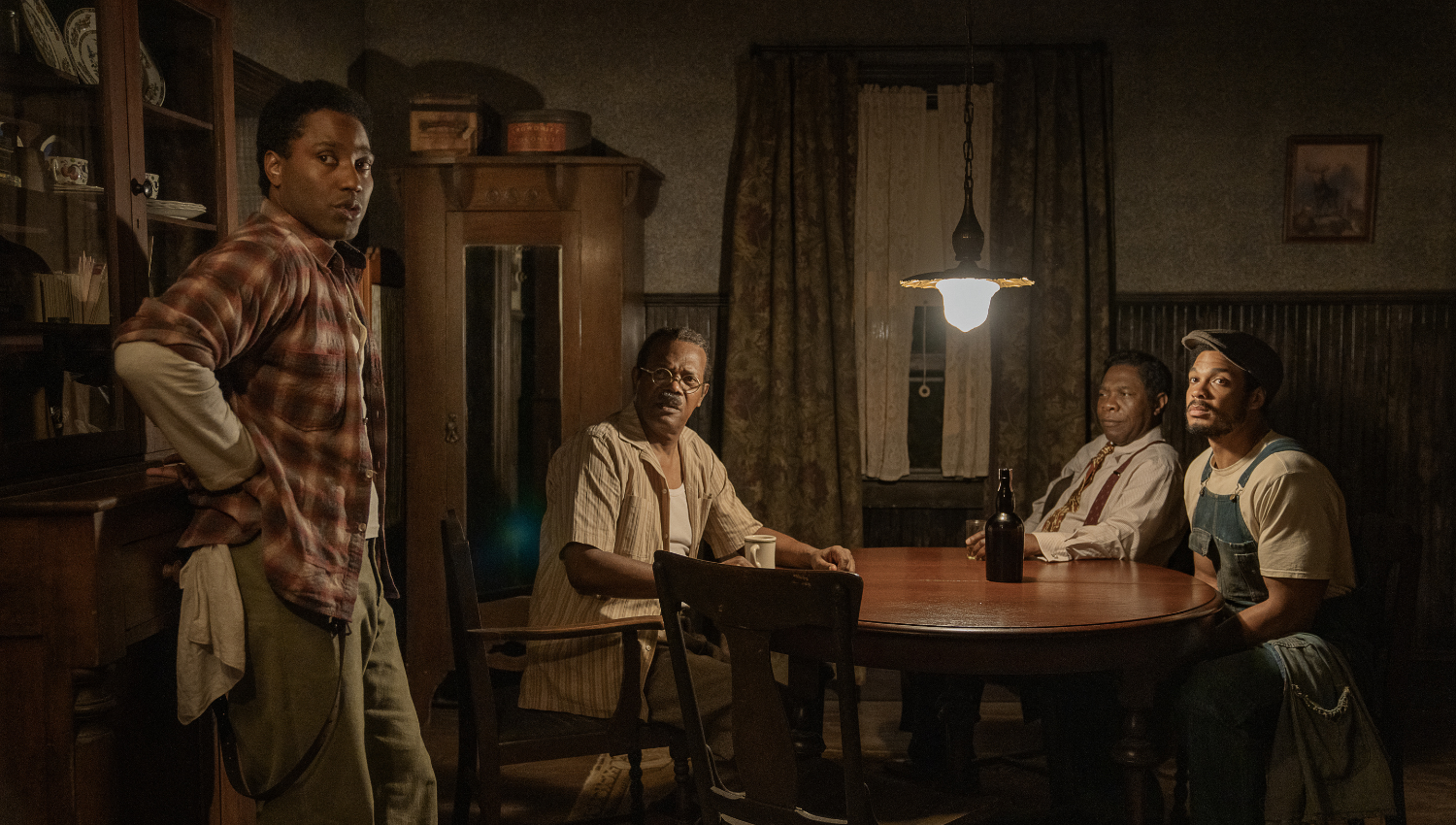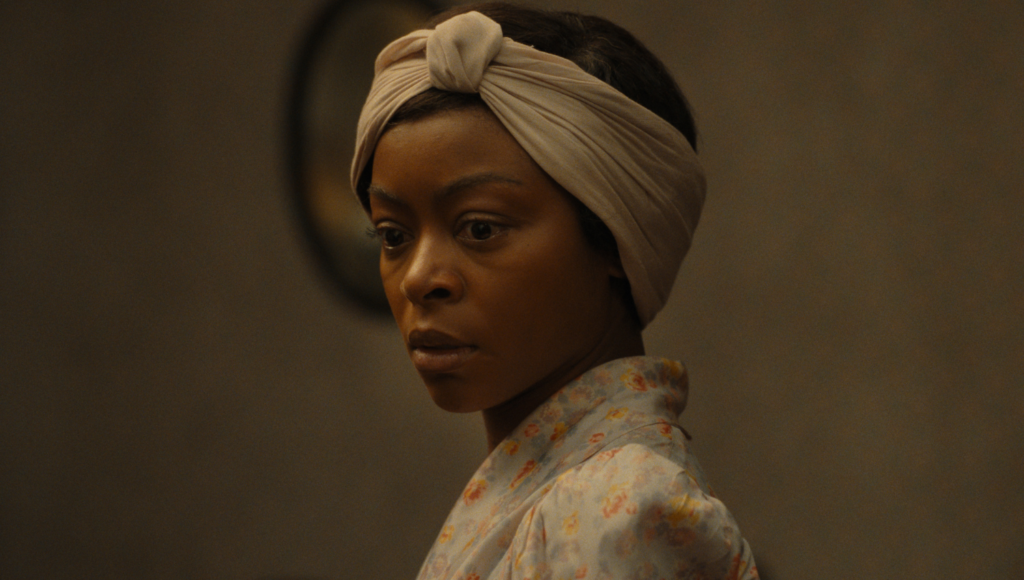
The Piano Lesson
James Brown
Malcolm Washington’s directorial debut, The Piano Lesson, adapts August Wilson’s Pulitzer Prize-winning play into a deeply evocative film that reverberates with the weight of family legacy, grief, and resilience. Set against the backdrop of 1930s Pittsburgh, the film cleverly captures the essence of a Black family’s struggle over an heirloom piano, whose carved surfaces tell the haunting story of their enslaved ancestors. This tale, driven by familial conflict, is brought to life with a powerhouse cast whose performances, led by John David Washington, Danielle Deadwyler, and the peerless Samuel L. Jackson, are nothing short of transcendent.
At the heart of The Piano Lesson is the feud between siblings Boy Willie (Washington) and Berniece (Deadwyler), who clash over the fate of their family’s prized piano. Boy Willie, full of ambition and longing for something more, seeks to sell the piano to purchase land, an act he sees as a means of building on his father’s legacy. Meanwhile, Berniece, who bears the scars of their family’s past, refuses to part with the piano, viewing it as a testament to their struggle and sacrifices. Both siblings are firmly entrenched in their differing views of what legacy means, making their conflict more of a clash of ideologies than a family quarrel.

In his meticulous direction, Malcolm Washington brings a visual elegance to Wilson’s stage-bound work, transforming the Charles family’s home into a dynamic, almost alive space. With the camera shots that linger on the worn wood of the piano and the darkened corners of the house, Washington amplifies the play’s ghostly elements, allowing the specter of Sutter, the man who murdered the two sibling’s father, to hover over every tense exchange. This infusion of the supernatural, like the 2018 film Hereditary, suggests that one can never entirely escape the past; the sins of the past will continue to haunt future generations until they confront them.
"One can never entirely escape the past; the sins of the past will continue to haunt future generations until they confront them."
John David Washington delivers an emphatic performance as Boy Willie, capturing the character’s fiery determination and boundless energy with remarkable depth. He portrays a man torn between the burdens of the past and the drive to reshape his future—a desire that sometimes makes him blind to the emotional stakes for his sister. Opposite him, Danielle Deadwyler gives an impressive display of skill and artistry as Berniece, a woman caught in the quiet storms of her own grief and conviction. Her portrayal radiates a fierce vulnerability, making Berniece a character whose silence is as impactful as her words.
Samuel L. Jackson’s portrayal of Doaker, the family’s patriarch and mediator, is a masterclass in restraint. He balances the tension between Boy Willie and Berniece with a weathered grace, embodying a man who has paid a higher price that most for the wisdom of his years. His calm presence, juxtaposed with the escalating sibling feud, grounds the film in a palpable emotional reality.
The film’s visual style, crafted by director Washington and cinematographer Mike Gioulakis (It Follows), is meticulous and atmospheric, reflecting the era’s aesthetic while giving space for moments of surreal tension. Unlike Hereditary and other recent “ghost stories,’ Washington mainly uses symbolism and interpersonal conflict to create emotional and spectral disturbances instead of scenes crafted for shock value. He and co-writer Virgil Williams (Mudbound) stay faithful to Wilson’s original text while embracing cinematic techniques that breathe new life into the material. Alexandre Desplat’s (The Shape of Water) haunting score adds a layer of melancholy.
The Piano Lesson ultimately asks who gets to define a legacy and what it means to honor the past while carving out a future. With its phenomenal performances, visual pathos, and deep thematic resonance, Malcolm Washington’s adaptation of Wilson’s masterwork is a haunting and beautiful meditation on the ties that bind—and sometimes constrict—us. It’s a film that lingers long after you watch it, much like the ghosts of the past encircling the Charles family.
Final Thought
"The Piano Lesson" compellingly blends emotional depth and supernatural elements through strong performances and inspired direction.
